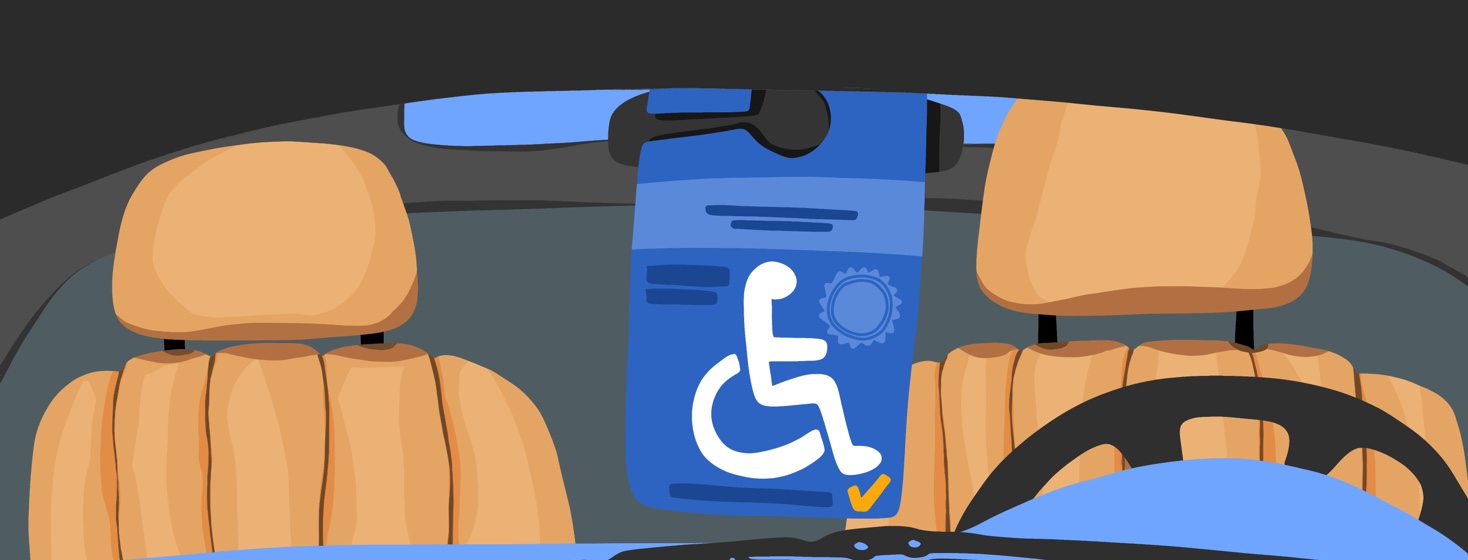Accepting I Have a Disability
When I think of the word "disability," I often think of the universal symbol for disability: a simple blue picture of a person sitting in a wheelchair. Wheelchairs and other mobility aids, like canes or leg braces, show us clearly that whoever is using them may not be able to do things like run or walk without assistance. Before I got sick with lupus, I didn’t know that having an impairment that made walking difficult wasn’t the only way people could be disabled. I didn’t understand that disabilities could also be invisible.
During the first few years of my life with lupus, I didn’t think of myself as disabled. I thought of myself as exhausted, sick, confused, or in pain. When I first became sick, but before my diagnosis, I thought my illness was temporary. Eventually, I thought I would find the right doctor and the right medicine that would restore my health and help me return to the busy, determined, energetic person I’d once been. In my mind, healthy and able-bodied was the expectation. I never imagined I could be sick for years at a time, let alone the rest of my life.
My lupus journey
During the next few years with lupus, the difference between my healthy, able-bodied peers and me became more and more obvious. I could no longer attend my college classes all day, return to my apartment to study, then head to a bar with friends until late at night. Instead of celebrating with friends after a concert or test, I collapsed into bed, then slept until past noon the next day. Sometimes, I was so exhausted that I had to sit and rest while walking between classes. The barriers I faced to living an everyday life were as real as those faced by people who can't walk without wheelchairs or canes.
Accepting lupus as a disability
Accepting that I am disabled has helped me connect to a larger community of people like me. I can communicate with other disabled people like me in support groups or online groups and know that I’m not alone. Acknowledging that I’m disabled has also helped me appreciate the challenges faced by the disabled people who came before me. Before the Americans with Disabilities Act of 1990, wheelchair ramps and accessible parking spaces were not commonplace. Before this law, disabled people could be fired for their disabilities or never hired. Children with disabilities often didn’t have access to schools or didn’t receive the help they needed in school. It took thousands of disabled advocates protesting on the capitol building steps for lawmakers to finally see the people that society had left behind.
A blue handicap placard now hangs from the rearview mirror in my car. I don't use a cane or a wheelchair, and I don’t have trouble walking. But even though lupus is invisible, it still affects my life every day. The wheelchair symbol on my handicap placard might not look like me. But I've learned there isn't just one face of disability.

Join the conversation